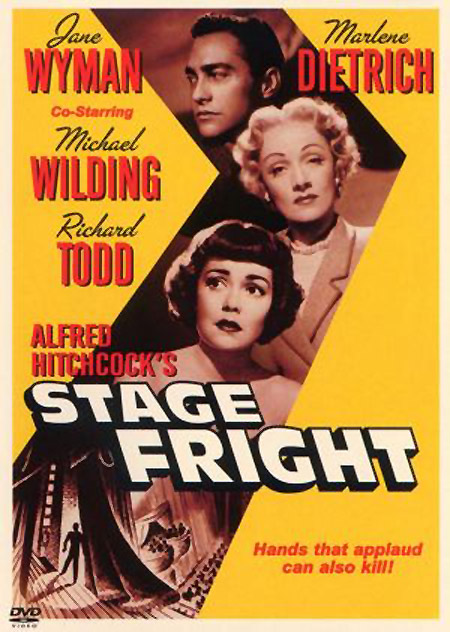I still catch a case of the stomach-jumpies when I get on stage. Not all the time, but I’d say at least half of my gigs (including workshops, seminars, etc) have some added zesty to them. The key to beating the fright element is a trick of rebranding, rather than dissolving the fear. I’m finding that nearly everything in life benefits from this philosophy. It’s not about pushing the fear away, but taking the narrative away from the feeling.
What narrative?
You know, the one that looks like some kind of nightmare tag cloud of every insecurity or awful scenario you could possibly encounter. Here. I made one on Wordle for you.
Take away those words, and what you have is just a feeling. Something in your guts. Maybe some palm sweat. A feeling can’t stop you from playing the first note. A feeling can’t make you forsake your technique. A feeling is something you can play ball with; notice and move on with; transfigure into something that is a part of the performance experience instead of an insurmountable burden. Fighting the feelings and wishing them away only creates more conflict. Who needs that?
Of course, being prepared and making performance a part of your playing life makes it easier too. Like everything else, it gets easier with practice.
Finally, it’s good to remember what music is. It’s not something churned out of a conservatory, or reserved for only those who “deserve” it. It is our human birthright, and part of all of us. Who, in the history of anything, did it perfectly every time? And would we want that anyway? Life is short, and good. Enjoy it, even with a little nervousness thrown in on occasion.




4 Responses
Just so you know, Stage Fright happens to be a terrific movie.
Playing for an audience for me always felt like I was in hostile territory. They were all there Waiting For Me To Screw Up. Comes from being one of those hated kids in school who always got the high grade and was always a target for resentment, I guess.
One of the nicest things about redefining my musical identity as writing music more than playing it is that there’s no more They Want To See Me Fail Syndrome. I write what I write on the page, and that’s that. There will be people who like or dislike what I do, but no Waiting For Mistakes anymore. The notes on that page are the notes I want there. Faultless recitation isn’t the point anymore.
I don’t really get that nervous in the time leading up to my turn to play. However, once I actually walk up and sit down in front of the audience with my instrument, I have a surge of adrenaline, no matter how prepared I am. Adrenaline is no friend of fine motor skills. When I start to play, the adrenaline causes impressive hand tremors which make it difficult to do anything well.
I saw Zoe Keating perform a few days ago. She talked about how she had pretty bad stage fright when she was younger. Her teacher always told her that stage fright was a product of insufficient practice. She has come to realize that her teacher was full of $%#@. In her experience, taking every opportunity to perform in front of people (friends, neighbors, spouse or children handcuffed to a chair, corpses, etc.) is the way to get past it.
I think that’s what it’s going to take for me as well.
That’s practice in practice. You can only practice playing in front of people, by playing in front of people, after all! 😉